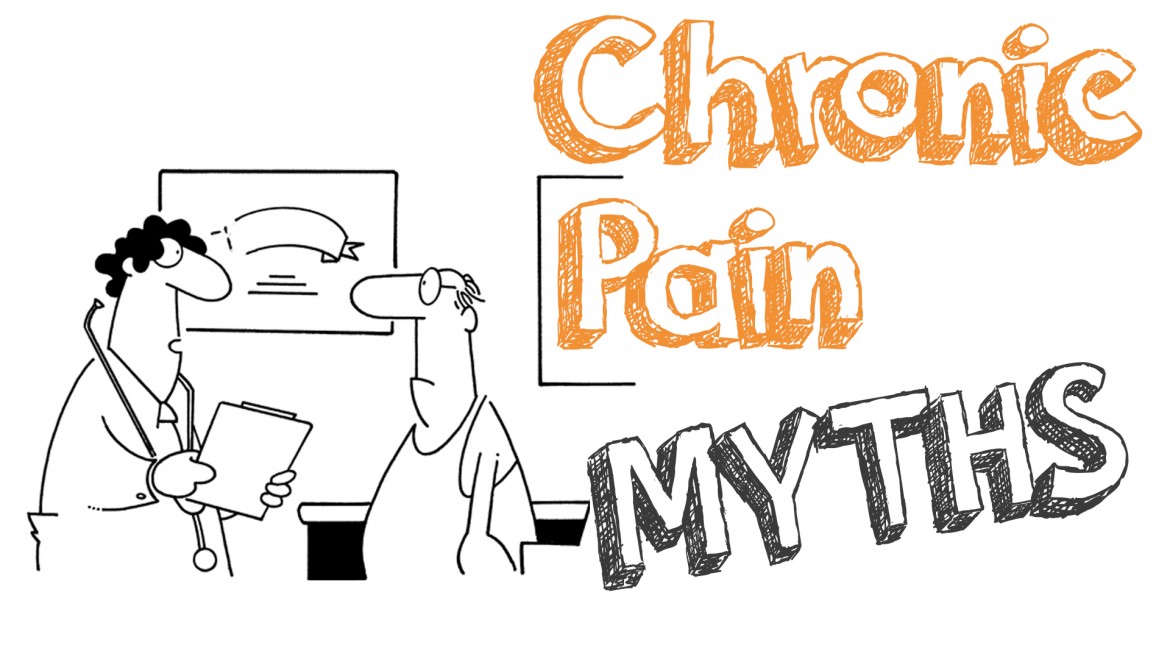Misconceptions about chronic pain can do harm to people with legitimate medical problems. Patients with chronic pain can and should be treated. Dispelling these damaging myths should raise awareness and encourage more people to seek help with a professional trained in treating chronic pain.
Myth 1.The side effects of opiate painkillers turn people into zombies and can stop their breathing.
Fact: Most side effects are mild, tolerable, treatable, occur at the beginning of therapy, and fade with time. Common side effects include constipation, drowsiness, and dry mouth. Careful adjustment of dosages and attention to patient concerns help alleviate most side effects.
Myth 2.Ignoring the pain will make it go away.
Fact: In most cases, ignoring ongoing pain will not make it go away, and it may even get worse. It is better to seek help from a caring, experienced specialist when pain persists and becomes a problem.
Myth 3.People who take powerful opiate (“narcotic”) pain medication become drug addicts.
Fact: Opiates are highly effective for many types of pain and can be given safely. Physical dependence from pain relievers is different from addiction. Drug addiction is characterized by compulsive craving and use of a drug, which results in physical, psychological, and social harm to the user. An addict’s drug use continues in spite of predictable, consistent harm (self-destructive behavior.) The vast majority of people taking opiate medications for pain management do NOT become addicted. Drug dependence, where the body becomes used to the presence of a drug, can occur with the prolonged use of some pain relievers.
Myth 4.If people seek treatment or complain about their pain, it means they’re weak.
Fact: Seeking treatment has nothing to do with being weak. Many people with chronic pain feel trapped and helpless, and do not want to burden anyone else with their problem. It is important for them to realize that there is no need to suffer because effective treatments are available.

